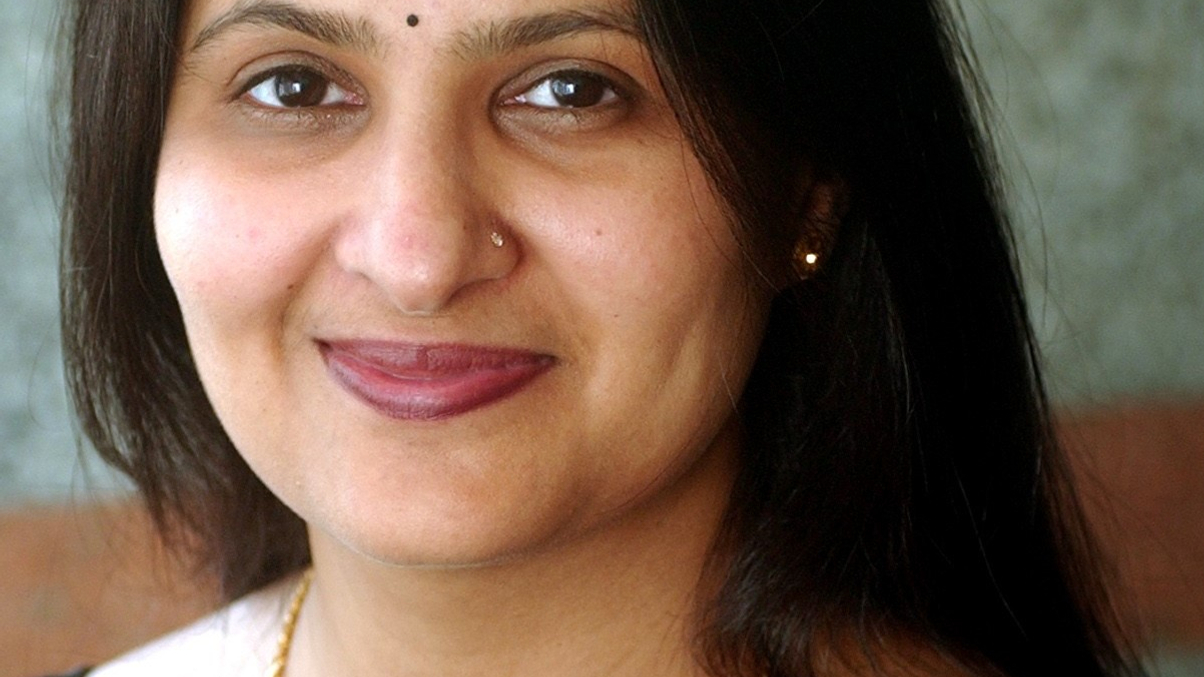India funds industry in a good place, says Suyash
Evidence of progress and sustainable growth combined with demographic fundamentals gives grounds for optimism about Indian asset management, says Crisil CEO Ashu Suyash.

There are strong reasons for optimism about the development of India’s funds industry, not least the advancement of third-party management for institutional investors, according to Ashu Suyash.
Sign in to read on!
Registered users get 2 free articles in 30 days.
Subscribers have full unlimited access to AsianInvestor
Not signed up? New users get 2 free articles per month, plus a 7-day unlimited free trial.
¬ Haymarket Media Limited. All rights reserved.


